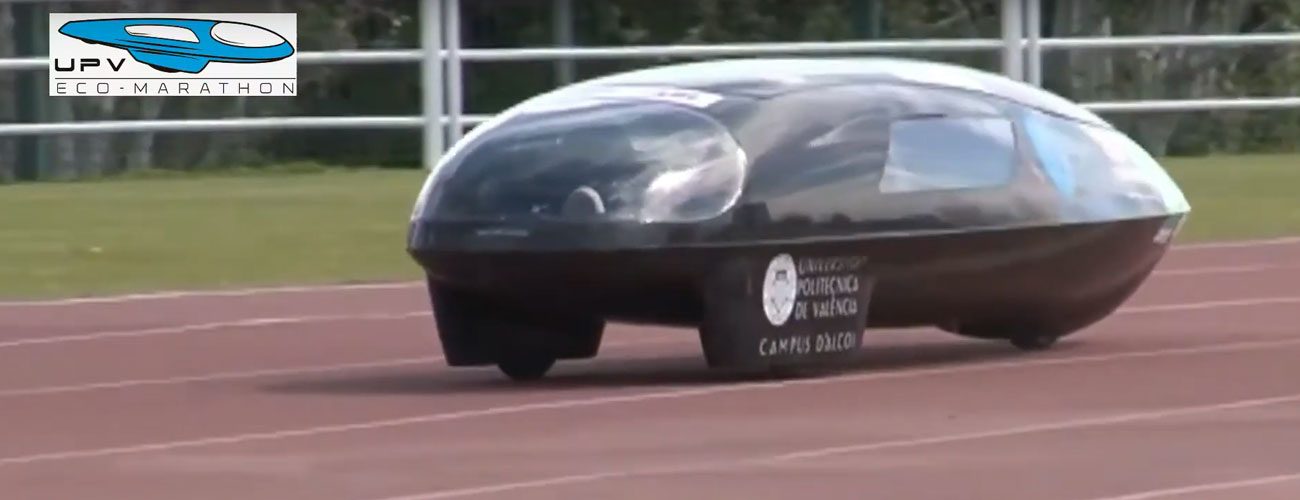What’s the Good Practice about?
Participating by teams in the Eco-Marathon competition consists of traveling the maximum number of kilometers and consuming the least fuel. The teams are multidisciplinary and composed of students tutored by academics from their institutions. Initially, the competition was launched in Europe, but later it moved overseas. Shell’s oil company organizes the competition and brings together the best universities and vocational training centers. UPV has participated in each Eco-Marathon Europe that Shell manages since 2006.
Students from different backgrounds (computer sciences engineering, mechanical engineering, electrical engineering, business and administration management, chemist engineering) apply their knowledge to design, prototype, and compete in the Eco-Marathon Shell competition. The overall goal is to engage students in multidisciplinary teamwork to better understand/apply the contents of their studies from a practical perspective.
You can view more videos here.
Why implementing the Good Practice? What are the special features of the Good Practice?
The practice allows to fill the content gaps in class. This competition encourages the training of highly competent future engineers due to the fieldwork carried out by being part of a real project like this. In addition, the evaluation of transversal competences is made possible through this practice: Teamwork, Project management, sustainable development, and communication skills.
There’s an ecosystem of teams that are connected, the tutors share knowledge and they have met and celebrated workshops where they shared experiences. It is a practice that is carried out locally but with an international dimension. The teams participate in an international competition that entails going to the place where the competition is held (not just the team member but also to deliver the car to the competition) and joining in a competition in which more than 3000 people participate, coming from all parts of the world. Students are part of the team while they are UPV students, but when they graduate, they can continue to be part of it as alumni, which generates collaboration between people with different levels of training. The teams are in contact with other teams at the regional, national, and international level.
What are the challenges in implementing the Good Practice?
What is the key to success?
Regionally speaking, the Valencian region is the community that has the most Eco-marathon teams from Spain. A historical tradition of vocational training education in engines explains the sustained high number of teams participating in the competition annually. Without this history, recruiting participants might be a challenge.
A high degree of interventionism is needed from the tutor, so there is dependence on one person. Students must always be accompanied as there is an occupational risk in the vehicle body. There is also a financial risk, as the raw materials and components are expensive, and the team members must travel to the competition and must bring the vehicle. The practice depends on funding.
Find out more here.

